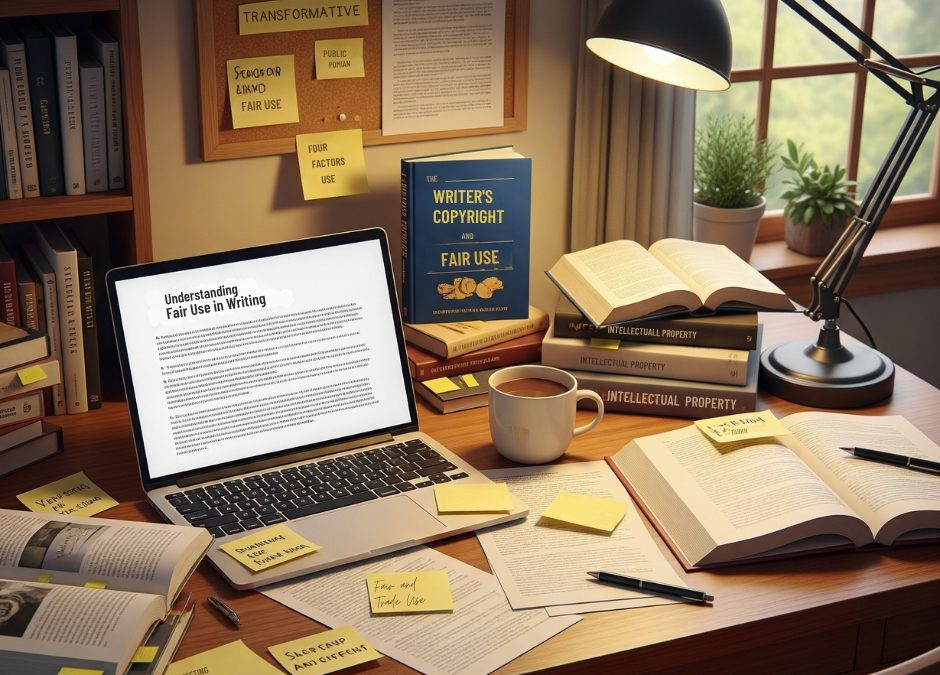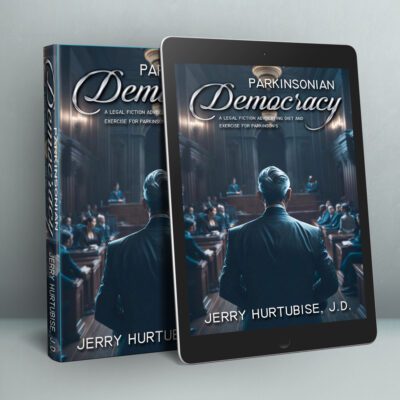Fair use is one of those phrases writers bump into often, but few fully understand. Is it really okay to use that quote, song lyric, or image without asking? The answer, like most things in publishing law, is “it depends.” But don’t worry—here’s a clear breakdown of what fair use means and how you can protect your writing while respecting others’ work.
What Is Fair Use?
Fair use is a legal doctrine that allows limited use of copyrighted material without permission from the rights holder. The idea is to balance protecting creators with encouraging new expression. In short, you can borrow some content under certain conditions, but it’s not a free pass to copy whatever you like.
The Four Factors of Fair Use
Courts look at four key questions when deciding whether something counts as fair use. Writers should keep these in mind:
- Purpose and Character of Use
- Is your use educational, critical, or for commentary? That leans toward fair use.
- Is it for commercial gain without adding anything new? That leans against it.
- Nature of the Work
- Using factual or non-fictional material is more likely to be considered fair use than borrowing from a novel, song, or movie script.
- Amount and Substantiality
- A few lines or a small portion might be okay.
- Using the “heart” of the work—even if it’s short—leans against fair use.
- Effect on the Market
- If your use could replace the original and hurt its sales, it’s likely not fair use.
Common Writer Questions About Fair Use in Writing
“Can I quote a song lyric in my novel?”
Usually no. Even short lyrics are tightly protected and rarely count as fair use. It’s safer to reference the song title instead.
“What about quoting from a book?”
Short quotes used for commentary, review, or analysis can fall under fair use, but always credit the source.
“Can I use an image I found online?”
Not without checking the license. Unless it’s public domain or Creative Commons (with proper attribution), assume you need permission.
Best Practices for Writers
- Credit anyway. Even if you think something qualifies as fair use, always cite the source.
- Use Creative Commons and public domain. These are safer options with clear terms.
- Ask for permission when in doubt. It’s better than risking legal trouble.
- Add your own voice. If you’re transforming the original work by adding commentary, critique, or humor, you’re closer to fair use.
Related Reading: Public Domain Power: How to Spot and Use It Safely
The Bottom Line
Fair use for writers is both a guideline and a rule. Understanding its limits helps you stay creative without stepping on someone else’s rights. When in doubt, keep it simple: credit creators, use trusted sources, and ask permission if you’re unsure.
That way, your writing shines without any legal clouds overhead.
Whether you’re writing a book, blog, or article, citing sources correctly protects you and builds trust with your readers.







